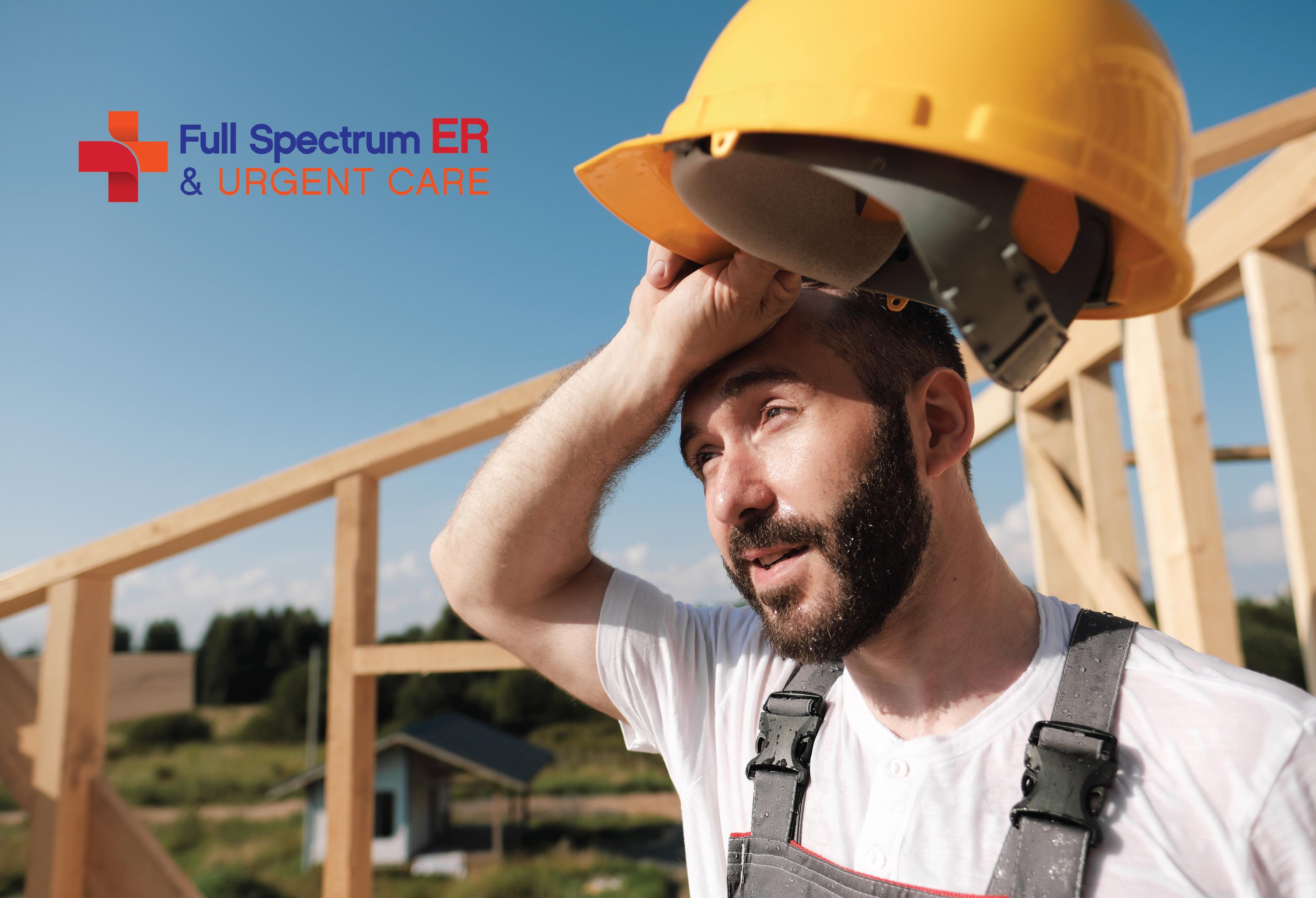
☀️ Soaking Up the Summer Sun? Stay Safe While You Enjoy the Heat! 🌿
Summer is the perfect time for pool days, backyard BBQs, and outdoor adventures — but don’t forget to take care of yourself and your loved ones in the heat!
HEAT RASH/PRICKLY HEAT
Signs and Symptoms:
Red cluster of pimples or small blisters on the skin (usually on neck, chest, groin, under breasts, and in elbow creases)
What to Do:
Stay in a cool, dry place
Keep the rash area dry
Use powder (like baby powder) to soothe the rash
SUNBURN
Signs and Symptoms:
Painful, red, and warm skin
Blisters on the skin
What to Do:
Put a cool, wet cloth on sunburned areas or take a cool bath, don’t break blisters, and stay out of the sun
Apply moisturizing lotion or aloe on sunburned areas
HEAT CRAMPS
Signs and Symptoms:
Muscle cramps, pain, or spasms in the abdomen, arms, or legs
What to Do:
Stop physical activity and move to a cool place.
Drink water every 15-20 minutes and eat a snack or sports drink
Wait for cramps to go away before you do any more physical activity
Seek medical help if:
You have heart problems
You are on low sodium diet
Your symptoms last longer than an hour
HEAT EXHAUSTION
Signs and Symptoms:
Headache
Nausea or vomiting
Dizziness, weakness
Irritability
Thirst, heavy sweating
Elevated body temperature
Decreased urine output
Cold, pale, and clammy skin
What to Do:
Move to a cool place and remove unnecessary clothing, including socks and shoes
Put a cool, wet cloth on your body, use a cold compress or take a cool bath
Take sips of water
Seek medical help if:
- You are throwing up
Your symptoms get worse
Your symptoms last longer than an hour
HEAT STROKE
Signs and Symptoms:
Headache
Nausea
Dizziness
Hot/dry skin or profuse sweating
Very high body temperature
Confusion, altered mental state, slurred speech, loss of consciousness/fainting
Fatal if treatment is delayed
What to Do:
This is an EMERGENCY! Call for Emergency Care immediately!
Move to a cooler place and remove unnecessary clothing, including socks and shoes
Help lower the person’s temperature by putting cool wet cloths or ice on the person’s head, neck, armpits, and groin area
DO NOT give the person anything to drink
Stay with the person until emergency medical service arrives
How to Prevent Heat-Related Illnesses
Stay safe in the heat by following these important tips:
- Stay Hydrated: Drink plenty of fluids—especially during outdoor activities or vigorous exercise. Choose water or sports drinks. Avoid alcohol and caffeinated beverages like tea, coffee, or cola, as they can contribute to dehydration.
Take Frequent Breaks: Pause regularly for water and rest, especially when active outdoors.
Plan Around the Heat: Schedule physical activity and sports during cooler parts of the day, such as early morning or late evening. Rest in shaded or air-conditioned areas when possible.
Protect Yourself from the Sun:
Wear a wide-brimmed hat, sunglasses, and use an umbrella if needed.
Apply a broad-spectrum, water-resistant sunscreen with SPF 30 or higher to guard against harmful UVA and UVB rays.
Dress Appropriately: Choose lightweight, loose-fitting, and tightly woven clothing to help your body stay cool.
Stay Indoors During Peak Heat: Limit outdoor exposure between 10 a.m. and 4 p.m., when temperatures and UV levels are at their highest.
Acclimate Gradually: If you’re not used to the heat, increase your time outdoors slowly to allow your body to adjust.
- Check with Your Doctor: If you or a loved one has a medical condition or takes medication, consult your healthcare provider for personalized advice on heat safety.

